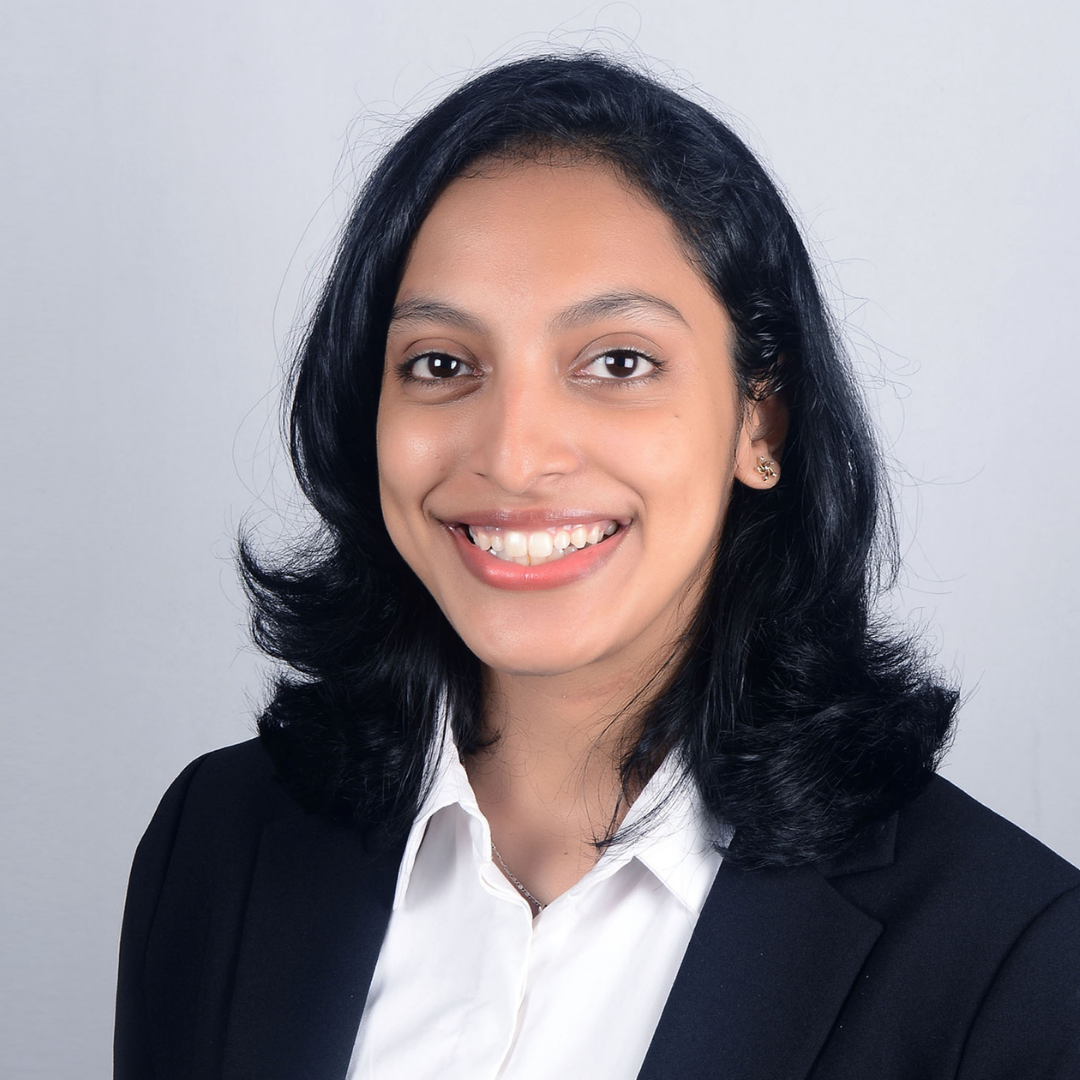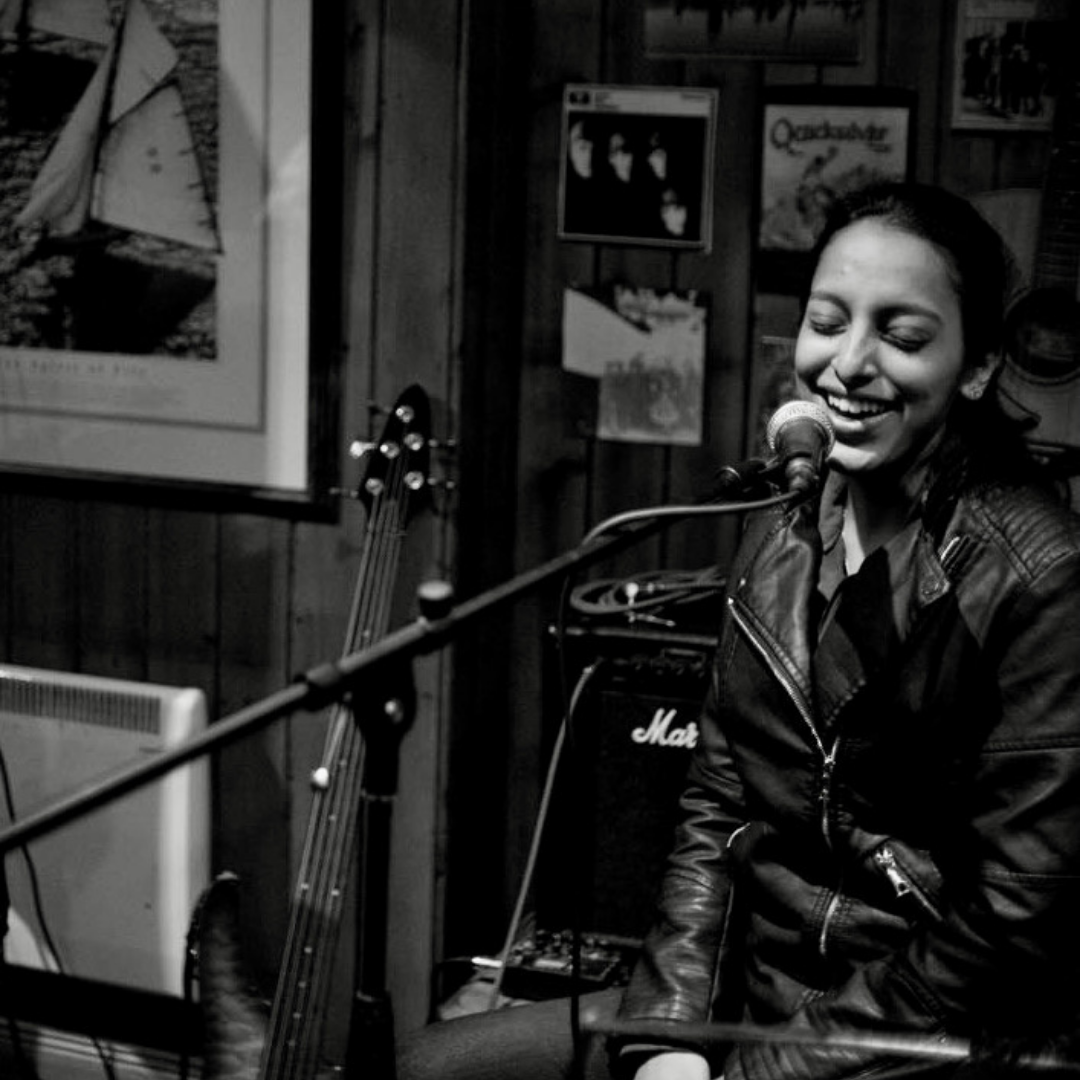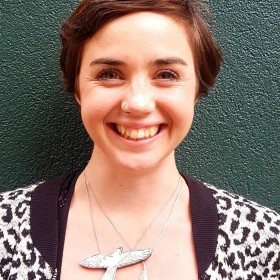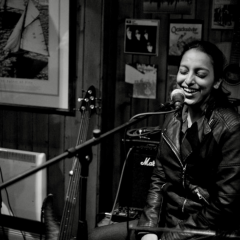Evlon De Souza is a Fellow of Trinity College London (FTCL) and an examiner on their Speech and Drama panel. She has a strong background in performing arts and has worked with students of all ages – from kindergartners to young adults and teachers. She now spends her time travelling the world, interacting with students and encouraging youth to pursue their passion!
Welcome Evlon, tell us a bit about your Trinity qualifications?
I have been awarded a Fellowship of Trinity College London (FTCL) in Education Studies and have also completed my ATCL in Communication Skills. I hold several grades in a variety of suites – Speech and Drama, Performing Text, Communication Skills and Musical Theatre. I have also completed Grade 7 in Solo Piano.
What art form or discipline are you mainly interested in?
I immersed myself in the field of performing arts from a young age – learning the piano, Indian and Western classical singing, speech and drama, art and Indian classical dance. This helped me develop a unique skill set and a deeply rooted interest in the arts. Today, I continue to sing, play the piano and deliver talks for large audiences.
Who are your main sources of creative inspiration?
I grew up in a creatively and musically inclined family. My dad plays 5 instruments. As a child, I loved listening to jazz and to this day, Ella Fitzgerald remains my favourite artist. In a more modern context, I am inspired by the creative musicianship of Pentatonix. In terms of musical theatre, the first stage play I performed in as a child was The King and I, so I have a soft spot for Rodgers and Hammerstein’s Broadway musicals. In recent times, the brilliance of Lin’s writing in Hamilton cannot be understated.
Tell us a little about your personal circumstances that played a role in achieving your FTCL..
I grew up in India where pursuing a career in arts is rare. I was the first in Pune to achieve my ATCL and FTCL in the Speech and Drama(S&D) suite, so access to teachers that trained students for diplomas was impossible to find. Harbouring a lifelong dream of being an examiner on Trinity’s panel, it was easy to notice that Trinity had only one Indian examiner on their Speech and Drama panel. If I am not mistaken, I am now their youngest examiner and one of only two Indian examiners.
Experience of working towards a Trinity qualification
How did you find the process of working towards the qualification?
For me, the process of working towards my FTCL was extremely rewarding.
I designed a course and assessment that trains teachers to prepare students for international exams. Not only did I implement the course, but I also had the opportunity to see first-hand the impact of my research, as 24 ESOL learners took and were awarded Trinity qualifications.
How did you find the exam experience?
Defending a thesis is always nerve-wracking, but it definitely helped that I had seen the positive outcomes of my research. This helped me reflect on my research in actual outcomes, rather than hypothetical assumptions. Both the examiners on my panel were genuinely impressed and interested in learning more about my work, so my viva felt like a discussion rather than a grilling session!
What did you find challenging about the process of preparing for the assessment?
For me, the hardest part was definitely the limited access to information as an independent candidate. I was also one of the last candidates to receive my Fellowship before it was withdrawn from Trinity’s offerings, which made the timeline of my exam very tight. Finding the right resources and guidance proved to be a challenge, but I was fortunate to find international mentors that believed in me and my research area.
Where have you found sources of help and support?
With no teacher available to me locally, I found help across the border, in the UK. My teacher, Maura Doran really believed in me. She prepared me for my ATCL and also helped with my FTCL. However, given the rigorous nature of the degree, I needed all the help I could get in the lead up to my final exam. Xenia Horne was absolutely fantastic in proof-reading my entire dissertation with a fine-tooth comb and helping me prepare for my thesis defence. She also trained me to be an examiner and continues to mentor me to this day!
Welcoming new opportunities
What has been the impact of this experience?
Completing my Fellowship helped me go through a wide range of roles with Trinity – as a student, teacher, teacher trainer and researcher. It culminated in my childhood dream becoming a reality when I was appointed an examiner on their Speech and Drama panel. My experiences really help me put myself in the shoes of the candidates I examine.
What has been the personal impact of working towards the qualification?
Starting with Trinity at a young age, the exams have helped me build my confidence, acquire advanced research practices, and develop life skills such as communication skills, creative and critical thinking. It allowed me to explore and express myself through music, speech and drama.
I have had the opportunity to perform in stage plays, anchor the 3rd Global Cultural Olympiad of Arts and Culture in Dubai, provide voiceovers for radio, television and films, conduct workshops for over 30,000 students, release nursery rhyme CDs and write scripts for children’s plays. I have also had the opportunity to represent UK creative arts specialist universities in China, Nepal and Singapore, and provide feedback to students on their university portfolios.
What have you learnt from the experience?
I have been able to take away so much from the entire process – from realising my love for the arts to recognising the difference I can make as a practitioner, researcher and an examiner. The FTCL qualification provided me with an international degree that has brand value across the world. It definitely made me more confident in my abilities!
What is the impact on your artistic practice?
The FTCL helped me realise that while you can teach students and ensure they are open to careers in the arts, to make a significant change, it is more important to have trained and well-informed decision-makers. This change in my focus from students to also including parents and teachers has been the most significant impact on my artistic practice. Being able to see first-hand the benefits of pursuing your passion, I started travelling across the world to tell my story and raise awareness of careers in the creative industry.
Do you feel that there has been an impact on your wider learning studies?
Absolutely! Writing a dissertation helped me develop my research skills and I now look forward to publishing research papers. Although I have 6 degrees, acquiring my FTCL motivated me to study further and undertake academic rigorous research. Who knows, maybe one day I may apply for a PhD?
Next steps in the journey
What’s next for you in developing your creative talents?
I am currently enjoying interacting and learning from students as I raise the profile of the arts in India.
While I have always enjoyed performing on stage to large audiences, I am finding joy once again in sitting at my piano and honing my skills. I’ve also been re-exploring my artistic talents – whether its painting or creating some lovely pop-up cards. In an education context, given my diverse academic and extra-curricular background, I was offered the Vice Chancellor's Scholarships (a 100% fee waiver) to study at the University of Derby, UK. So, I am most looking forward to enhancing my learning curve further!
Read more Trinity College case studies
Read more from the talented young people taking part in a Trinity College Music or Trinity College Drama qualification, or follow our Trinity Case Study tag for all the latest interviews.












0 Comments